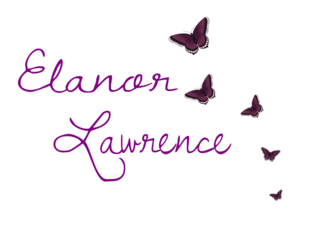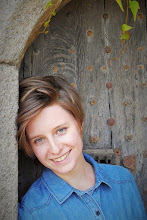 Step Three on the road to getting published is… *drum roll please* the dreaded revision. Every author has to revise their work. This could be tiny things like putting ‘ambled’ instead of ‘walked’ or huge changes to the plot or characters. Whichever it is, you have to expect revisions and be willing to completely re-write your manuscript if needed.
Step Three on the road to getting published is… *drum roll please* the dreaded revision. Every author has to revise their work. This could be tiny things like putting ‘ambled’ instead of ‘walked’ or huge changes to the plot or characters. Whichever it is, you have to expect revisions and be willing to completely re-write your manuscript if needed.There is no way I can cover the topic of revisions in just one blog post—entire books could be written on the subject. I just want to quickly talk a bit about revisions in direct connection with publishing.
Before you start querying (which I’ll talk about next time) you have to have the absolute best book you can write by yourself. Chances are you’ll still have to revise more for your agent/editor, but that doesn’t mean you can be lazy at this stage. Make it as good as it can possibly be. (And just so you know, the manuscript has to be finished before querying. Established authors can sometimes sell a book based just on a proposal, but for debut authors, you should have a finished manuscript that’s already as amazing as possible.)
 Sometimes when you start querying agents, one will ask you to do some revisions before offering representation. This means that you’ll put a lot of work into changing the story for them, and they still might not take you as a client. This is a bit of a risk, especially if the agent wants exclusive revisions, so it’s your decision whether to do them or not. I personally think I would make the changes, assuming I thought their ideas were good, but I’ve never been in that situation.
Sometimes when you start querying agents, one will ask you to do some revisions before offering representation. This means that you’ll put a lot of work into changing the story for them, and they still might not take you as a client. This is a bit of a risk, especially if the agent wants exclusive revisions, so it’s your decision whether to do them or not. I personally think I would make the changes, assuming I thought their ideas were good, but I’ve never been in that situation.Even after you have an agent, the work doesn’t stop. They’ll almost certainly ask you to do more revisions. And then when they sell your manuscript to an editor, they’ll be an awful lot more, well… editing. This may sound kind of awful—after all, you’ve already slaved over this book for years by yourself—but I’ve heard of many authors who actually enjoyed this step. After all, what could be better than working to perfect your story with an agent/editor who loves your novel as much as you do?

I suppose the crucial thing about revisions is that you have to learn to expect them, if not to love them. Get used to editing everything you write. Get as much feedback as you possibly can, and then use it. Make this novel as good as you possibly can. If you truly love your story, it shouldn’t be that hard to spend hours perfecting it.





































